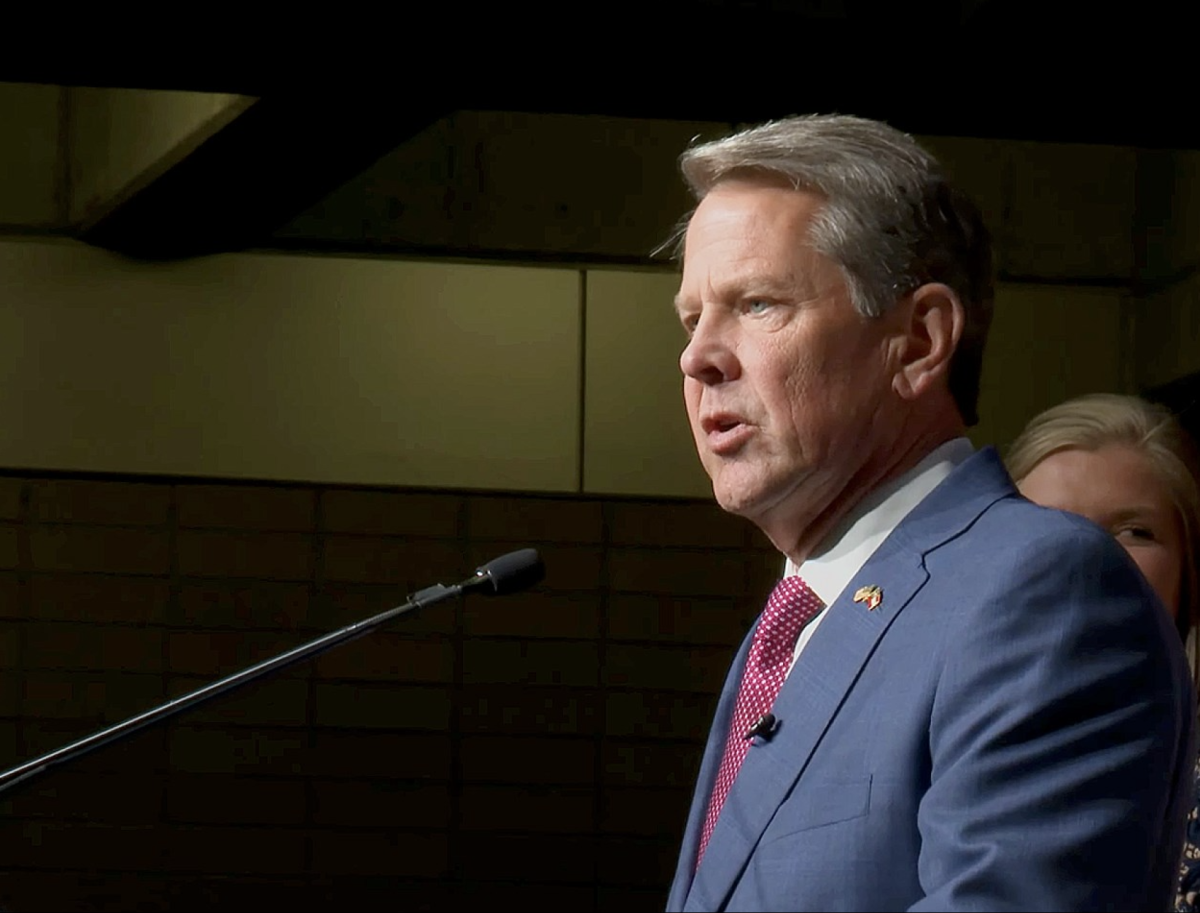As inflation rises across sociopolitical relations, many figures of politics have presented economically defensive plans. On the progressive side of politics, United States President Joe Biden introduced the Inflation Reduction Act to respond to this exigency.
“For the first time in a long time, [we] begin to restore fairness to the tax code by making the largest corporations in America pay their fair share,” Biden said. “It’s a bill that will cut your cost of living and reduce inflation, for it lowers the deficit.”
On the contrary, a notable portion of conservatives began taking a different approach to combat inflation. Although differing across statewide legislators, the primary republican consensus relies on the foundational approach of economic stimulus: less taxes, more growth.
“While high prices continue to hit family budgets, hardworking Georgians deserve real relief,” said Georgia Governor Brian Kemp.
Kemp recently took charge in the partisan battle against ongoing inflation. Signed on Sept. 12, Executive Order 09.12.23.01 suspends ongoing excise tax on motor vehicle fuel, including gasoline and diesel.
“From runaway federal spending to policies that hamstring domestic energy production, all ‘Bidenomics’ has done is take more money out of the pockets of the middle class,” Kemp said. “That’s why I signed an executive order today, to deliver it directly to them at the pump.”
However, the intended savings from this order hover merely around 31.2 cents per gallon for gasoline. Many are left questioning the effectiveness of Kemp’s order.
“Most consumers of gasoline are not very responsive to changes in price for short periods of time, so the impact will be minimal,” said John Swinton, an economics professor at GC.
Likewise, some GC students acknowledge this particular concern. Henri White is a freshman psychology major here at GC. Through driving his car, he often relates to the expense of gasoline.
“It would impact me and save me money,” Henri said. “But it will only save me somewhere north of $4. It’s not a big deal for me.”
Nevertheless, the savings have been shown to add up; in 2022, following the introduction of the war in Ukraine, Kemp issued a strikingly similar order.
In March 2022, Kemp signed legislation suspending the state’s gas tax following Russia’s invasion of Ukraine.
“During that 10-month suspension, Georgians saved $1.7 billion at the gas pump,” Kemp said.
Although it is justifiable for these comparisons to be made, there are many key differences. For instance, the new executive order is planned to end as of Oct. 12, which provides one month of relief – a vast contrast to the 10 months of the 2022 legislation.
“There should be almost no long-term effects, as the tax will return in one month,” Swinton said. “Overall, there should not be any real tipping of any economic scales.”
Considering all these factors, there is no definitive prediction for the results of Kemp’s executive order. Many citizens may as well remain unaffected, many might notably benefit and many might be somewhere in-between. Broadly speaking, this order demonstrates a strong perseverance for congressmen and congresswomen to adhere to party-line solutions, as inflation continues to torment economic stability.


